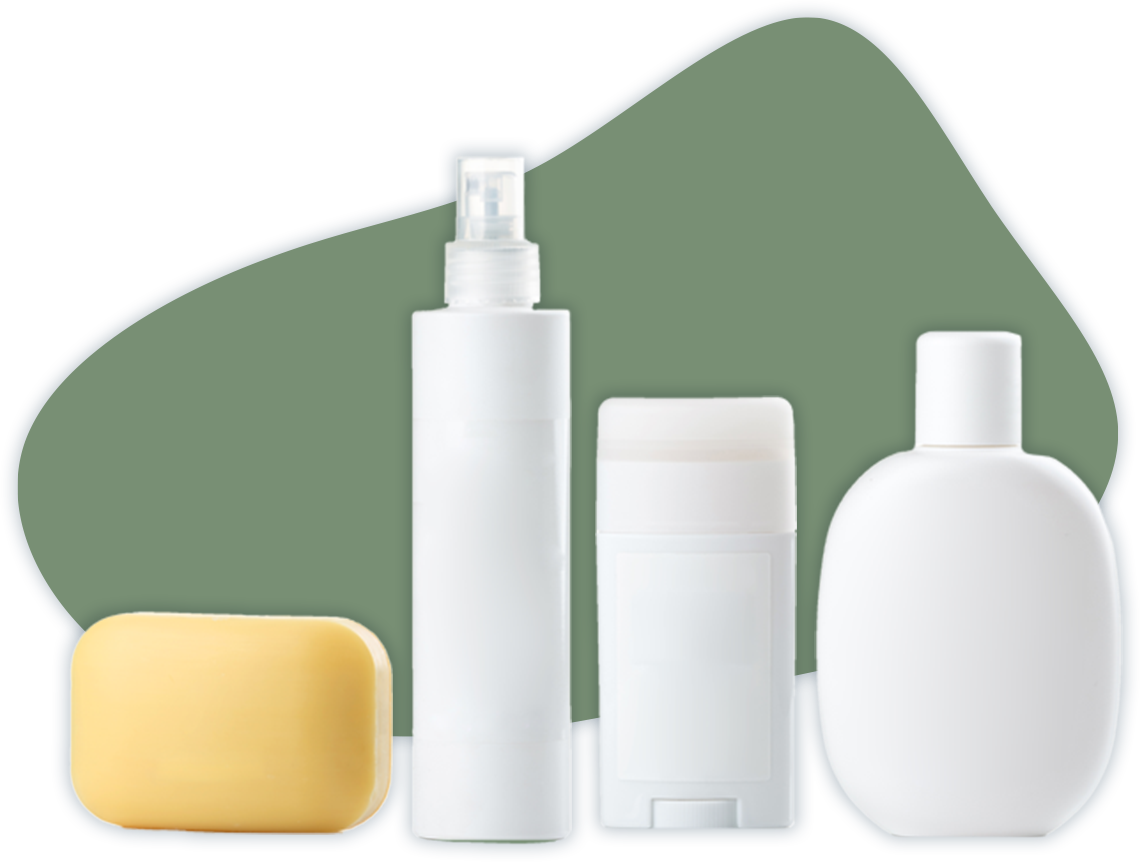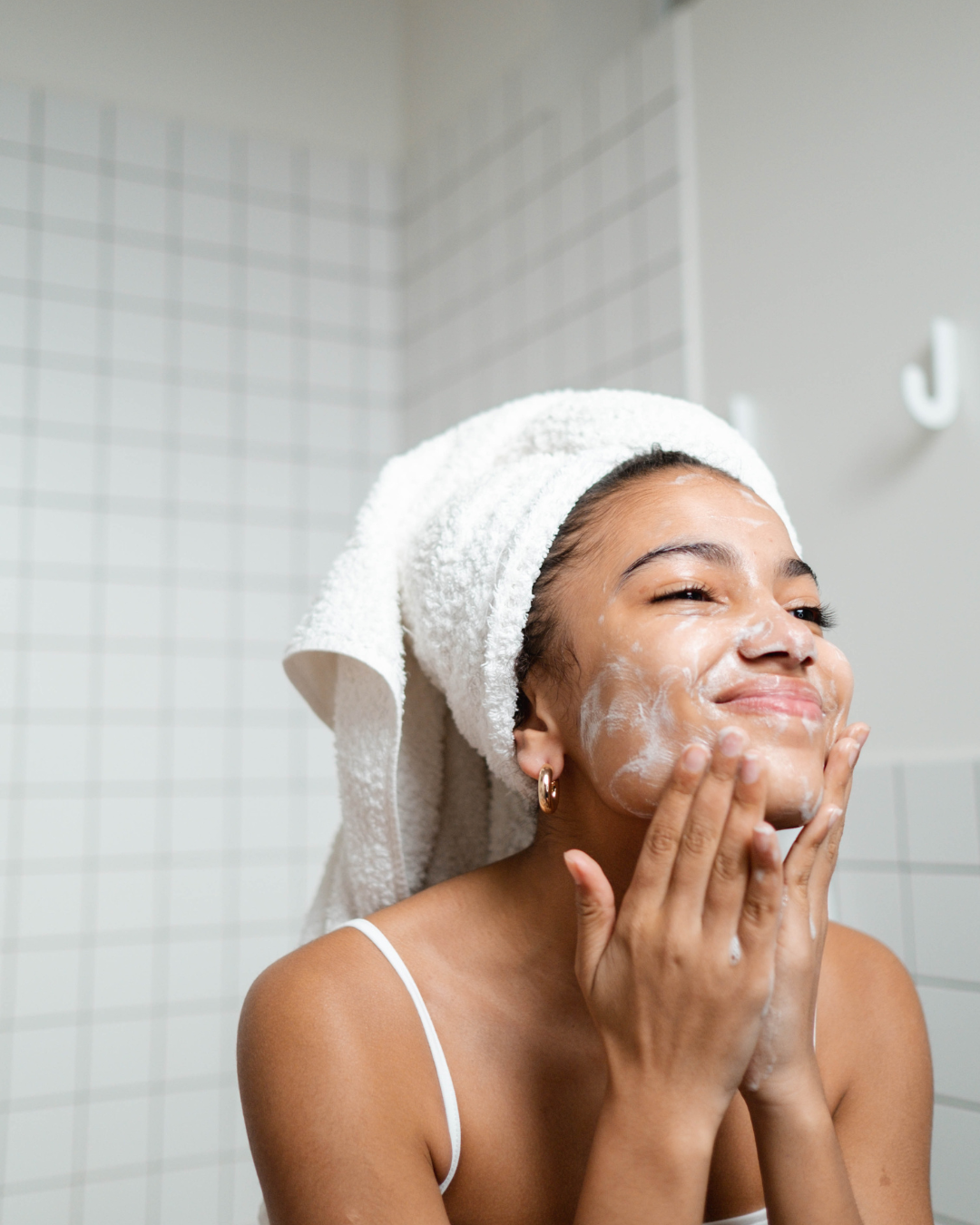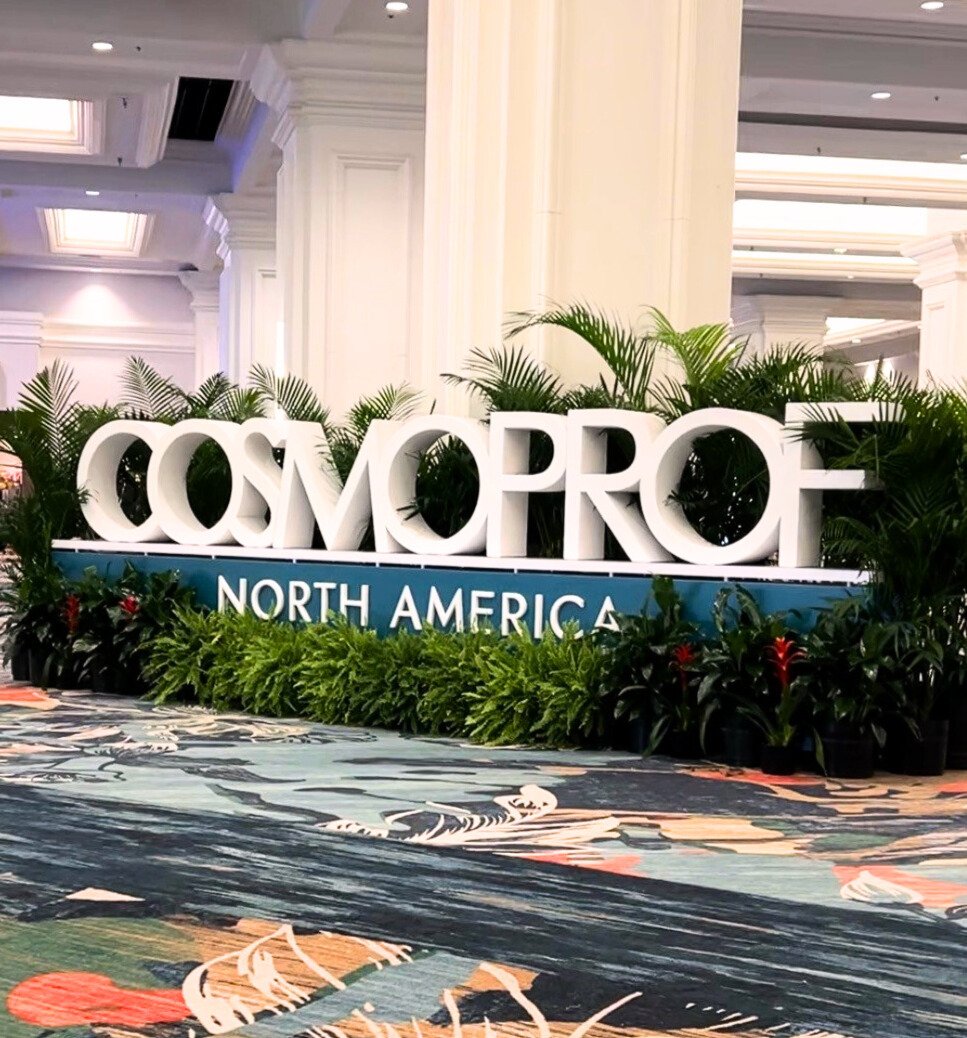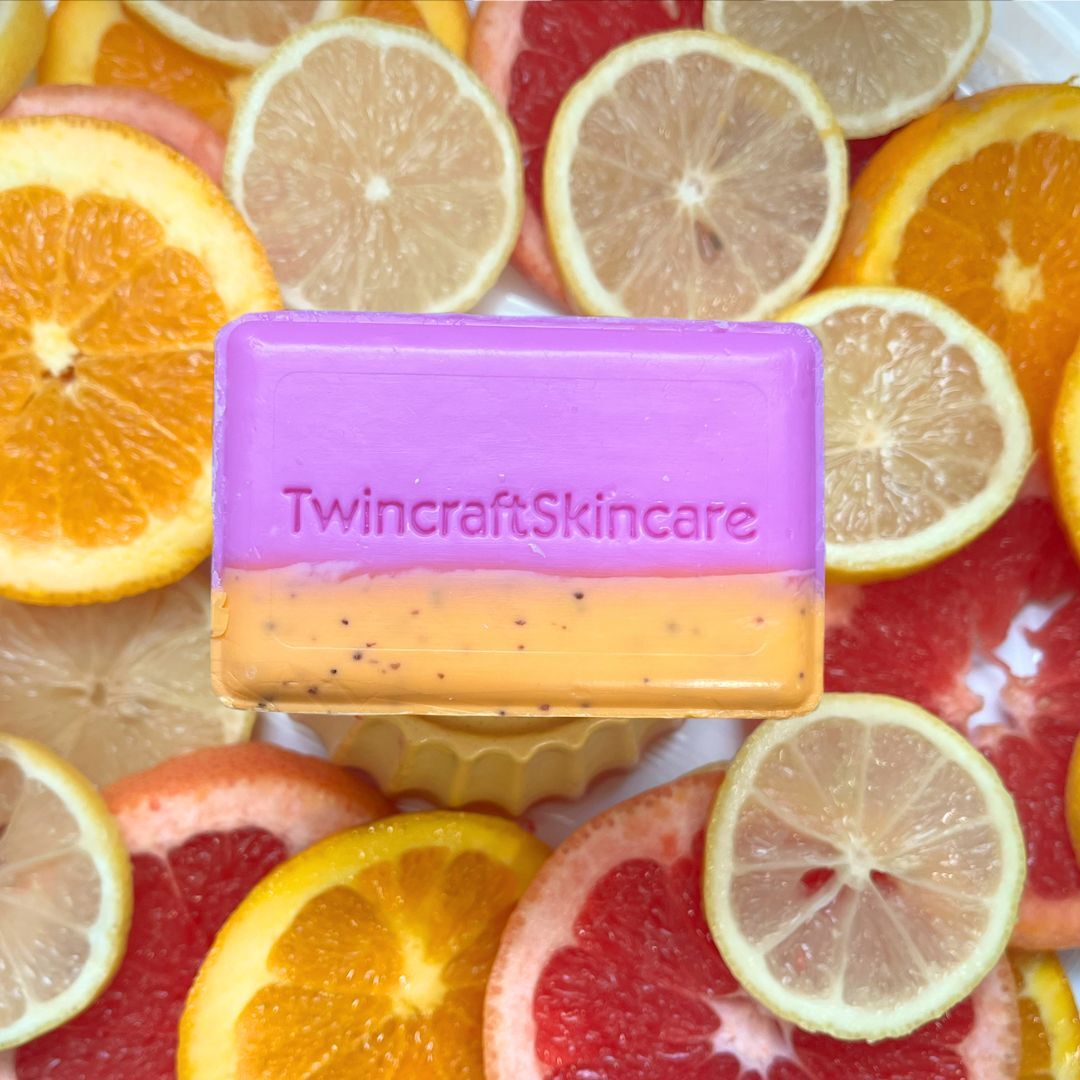Bar soap is an excellent alternative to shower gels and washes, thanks to its economic formulation, gentle characteristics, convenience, and waste-conscious packaging. Can it also be used as a replacement for shampoo? For the right consumer, the answer is yes.
Shampoo Bars: Good for Hair?
We’ve successfully developed shampoo bars that provide users with a rich, nutrient-dense lather that cleanse hair without stripping natural oils from the scalp. The goal is for hair to feel clean, but not squeaky clean – when hair has been stripped, it feels dry and damaged. If you’ve ever tried to clean your hair with body bar soap (which we don’t recommend), you’ll understand what we’re talking about. Shampoo bars need to put moisture back in the hair, and are therefore packed with hydrating ingredients, such as coconut oil.
Shampoo bars are particularly popular in the ethnic haircare market, as they perform well on natural curly hair that doesn’t require daily cleansing.
Benefits of Shampoo Bars
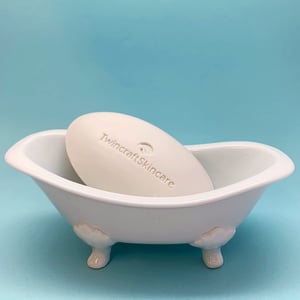 Free From Sodium Lauryl Sulfate
Free From Sodium Lauryl Sulfate
A growing number of consumers look to avoid Sodium Lauryl Sulfate (SLS) in their haircare products. A popular drugstore shampoo ingredient, SLS helps a formula produce a lot of lather, but it’s very drying to the hair follicle. This is damaging to all hair, but especially hair that has been colored or gone through other chemical treatments. Shampoo bar formulation doesn’t include SLS, and will have much gentler surfactant alternatives that customers are looking for.
Travel-Friendly
One of the greatest inconveniences of modern air travel is complying with TSA’s strict liquids policy – one quart sized clear bag of liquids is allowed in a carry on, per person, and none of these liquids containers can be larger than 3.4 oz. Solid bar soap and shampoo bars are an ideal workaround for this restriction, as they pass through security lines with ease.
Shampoo bars are also convenient options for a gym bag, as they won’t spill, are easy to store, and take a very long time to use up, even with regular use.
Waste-Conscious Packaging
Bar soap offers very environmentally responsible packaging options, and shampoo bars do, too. Usually wrapped in a recyclable carton, paper, or thin plastic to protect the bar during transport and on the sales floor, bar packaging uses a small fraction of the materials that bulky bottles and tubes do.
The shampoo bars made at Twincraft Skincare are required to be wrapped in a thin plastic vapor barrier to fight "sweating" and to protect quality on store shelves. This is a far more sustainable packaging option to plastic shampoo bottles, though, and dramatically reduces the product's potential plastic waste.
For sustainability claims, focus on waste reduction: the vapor barrier used to wrap & protect a shampoo bar manufactured at Twincraft Skincare uses 1% of the plastic that a 16 oz. shampoo bottles does.
Zero Waste Formula
For cost- and waste-conscious consumers, it’s very frustrating to not be able to get every last drop of a product out of a packaging. No matter how hard one tries, there is usually a few tablespoons of shampoo left in the bottle at the end of its use. A 2009 study by Consumer Reports found that users of skincare products were forced to waste up to 25% of a product because of its packaging, and it’s easy to assume that haircare products are causing similar frustrations for consumers. The beauty of a shampoo bar is that it’s easy to use the entire product until it’s completely disappeared.
At Twincraft, none of our bar soap waste enters a landfill, as all of it is donated to Clean the World to be reworked into new, functional bars for children and families in high-risk areas.
 Water-Conscious
Water-Conscious
Worldwide, water usage is a growing concern, with 85% of the global population living on the driest half of the planet. The threat of drought is most dire in rural and less economically prosperous parts of the world, and a growing awareness in Western consumers is helping to promote water conservation and drive awareness about this looming issue.
Brands have the opportunity to facilitate reduced water usage in many parts of the world by developing products that remove water from their formulas, and are fast-rinse when being used. Shampoo bars will be especially attractive to conscious consumers who are trying to avoid unnecessary water in their personal care products.
Water-free formulas also show consumers that a product is fully concentrated, and not diluted. Users shop for concentrated laundry and dish soap, and it makes sense that they’re also shopping for concentrated personal care products to help minimize their overall footprint.
Twincraft Product Concept: Shampoo Bar |
|
It’s ideal for those with sensitive skin and scalp conditions, as it won’t irritate or sensitize at-risk skin. This base produces high foam in all types of water, hard and soft. It conditions the hair with shea butter, and moisturizes the scalp and hair shaft with aloe and jojoba oil. Panthenol improves hair elasticity, moisture retention, and flexibility, and cedarwood oil helps to balance dry and oily skin and hair. It is exceptionally good at removing build up and excessive residue from hair products, preventing irritation and dryness. To use, massage bar between wet hands, or rub directly on to wet hair to produce foam. Massage foam in to hair and scalp, and rinse well. If desired, follow with conditioner. Is your brand interested in exploring your options for developing a shampoo bar to add to your existing haircare line? Contact our Sales team to discuss your ideas and request product samples. |
 |
Source: Mintel - The Future of Soap, Bath & Shower 2017

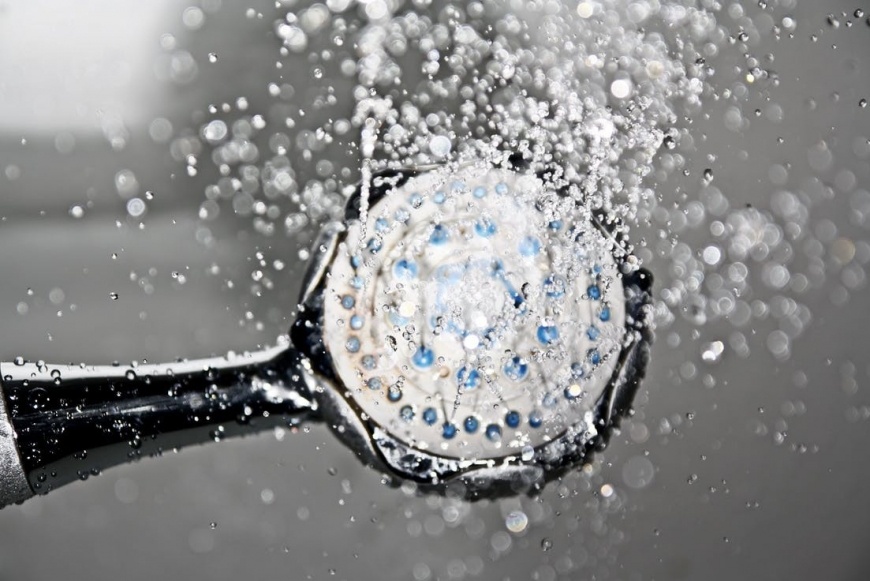
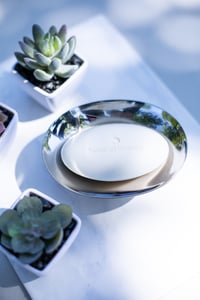 This shampoo bar provides a thorough but mild cleanse for hair and body, thanks to its blended base and
This shampoo bar provides a thorough but mild cleanse for hair and body, thanks to its blended base and 